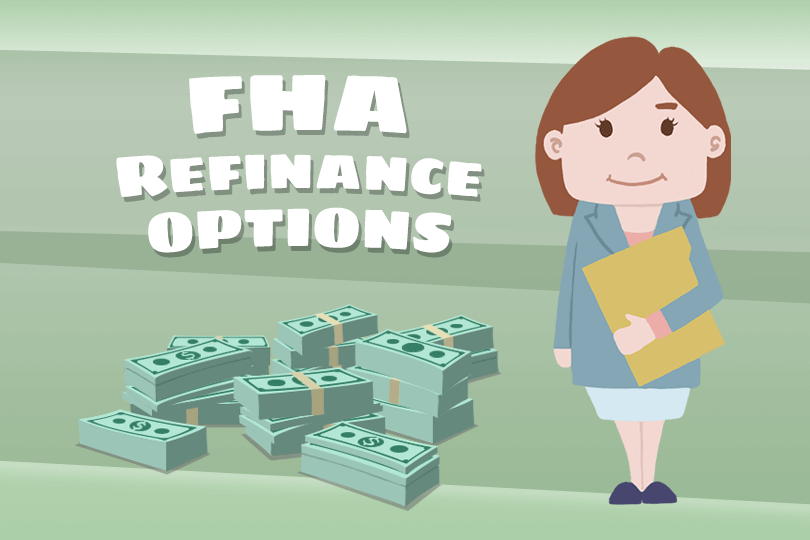Cash-Out Refinance: The Pros and Cons
January 16, 2021
What Is It?
A cash-out refinance replaces your current mortgage for a new one with a principal that is higher than the amount you owe, which allows you to keep the difference in cash. You may also be able to lower your interest rate or adjust the length of your loan term, but the primary purpose of a cash-out refi is to use your home equity to get cash in hand.
The Pros
- Immediate cash in hand: A cash-out refi’s main benefit is that it converts your home equity into liquid assets. You can therefore use the money you have available to fund any number of investments, whether it is home renovations or medical expenses. If you plan out how to use the equity in a responsible way, you can increase the value of your home and build equity in the long run.
- Consolidation of debt: Many borrowers use a cash-out refinance to combine all their high-interest loans, such as student loans and credit card debt, they carry in other places into a single mortgage. This helps to manage finances with a single monthly payment, and mortgages traditionally have lower interest rates compared to other personal loans. Keep in mind, however, that your house will become collateral.
- Tax credits: When used for home improvements, the interest on a cash-out refinance is tax deductible. If used any other way, the interest is tax-deductible up to $50,000 for an individual or $100,000 for a couple. You always should check with your tax advisor for current deductibility and updated laws.
- Higher interest rates: Cash-out refinances are always riskier than other types of refinances because you are borrowing more than what you already owe on the house. And with greater risk comes a higher interest rate.
- Extra costs: Like any other refinance, a cash-out refi requires the borrower to pay closing costs. There is also a second appraisal required for this option, which is a cost you will need to take on. Additionally, borrowers need to pay interest on the extra cash that comes with such a refinance, adding to the cost of the loan.
- Higher risk: The more equity you liquidate in your home, the more risk you take on if the property values decrease. Depending on what you need cash for, it might not be the best idea to drain the equity you have built on your house.
If you decide to go ahead with a cash-out refinance, the amount of additional cash you can borrow will vary based on several factors. The amount of money that you can borrow depends on the amount of equity that has been built up in the home's value. For example, to be eligible for an FHA cash-out refinance, borrowers will need at least 20 percent equity in the property based on a new appraisal.
If you have immediate and important expenses coming up, it may be worth looking into using some of the equity in your home. Talk to your loan officer to see of a cash-out refinance is the right step for you.
------------------------------
RELATED VIDEOS:
Obama Mortgage Is the Home Affordable Program
Principal Payments and Your FHA Loan
Living in a Single Family Home

FHA Loan Articles
November 4, 2023In May 2023, USA Today published some facts and figures about the state of the housing market in America. If you are weighing your options for an FHA mortgage and trying to decide if it’s cheaper to buy or rent, your zip code may have a lot to do with the answers you get.
October 14, 2023FHA loan limits serve as a crucial mechanism to balance financial sustainability, regional variations in housing costs, and the agency's mission to promote homeownership, particularly for those with limited financial resources.
September 25, 2023Mortgage rates are hitting prospective homeowners hard this year and are approaching 8%, a rate that didn't seem very likely last winter. With so many people priced out of the market by the combination of high rates and a dwindling supply of homes.
September 19, 2023The FHA Handbook serves as a crucial resource for mortgage lenders, appraisers, underwriters, and other professionals involved in the origination and servicing of FHA-insured home loans. It outlines the policies and requirements for FHA-insured mortgages.
September 13, 2023FHA rehab loans are a specialized type of mortgage loan offered by the Federal Housing Administration that allows borrowers to finance both the purchase or refinance of a home and the cost of needed repairs.







